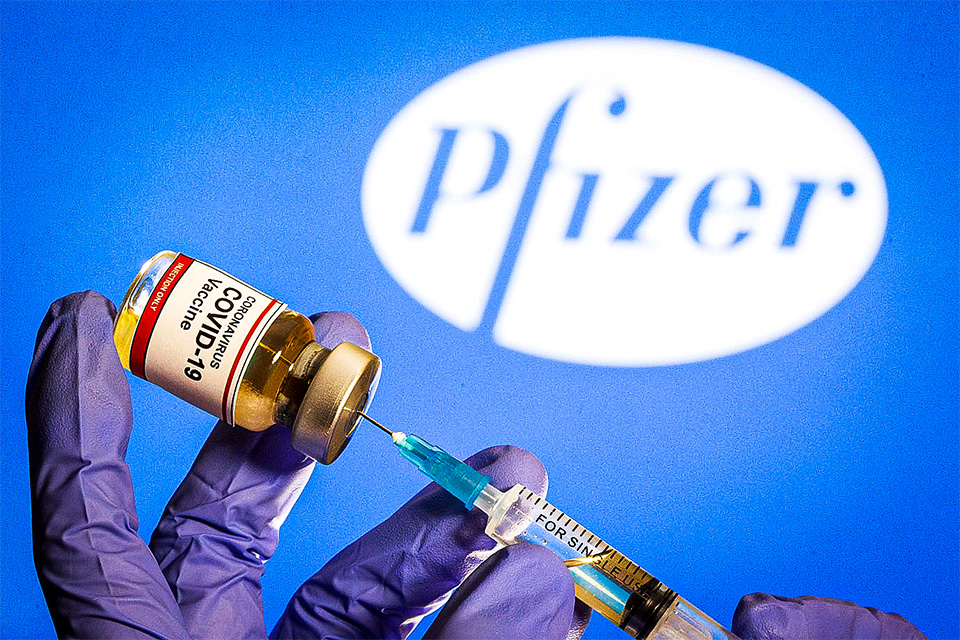In preliminary results published on Wednesday, Pfizer-BioNTech, the US and German companies behind one of the world's foremost shots to combat Covid-19 said a booster generated around the same level of potent antibodies against Omicron as is seen after a second dose with the initial strain.
But they warned that “the omicron variant is probably not sufficiently neutralized after two doses.”
The study, published online on Tuesday, found that antibodies produced by vaccinated people were much less successful at keeping the Omicron variant from infecting cells than other forms of the coronavirus. Scientists said the results were somewhat worrisome, but no cause for panic. The data suggest that vaccinated people might be vulnerable to breakthrough infections with Omicron, also known as B.1.1.529 variant, which was first reported to WHO from South Africa on 24 November 2021.
As per the companies, Blood samples from around 20 people who had received two doses of the current vaccine showed on average a 25-fold reduction in neutralizing antibodies compared to the early strain of the virus. But they added that another part of the immune response — from T cells — was probably still effective against the new variant, meaning that people with two doses “may still be protected against severe forms of the disease.”
Vaccines stimulate a wide-ranging immune response that involves more than just antibodies. So these experiments offer an incomplete picture of how well the vaccine protects against hospitalization or death from Omicron.
The vaccine-makers are developing an Omicron-specific version of the jab, which they hope will be ready by March, but say the decision whether to mass-produce it would depend on the variant's spread.
But they warned that “the omicron variant is probably not sufficiently neutralized after two doses.”
The study, published online on Tuesday, found that antibodies produced by vaccinated people were much less successful at keeping the Omicron variant from infecting cells than other forms of the coronavirus. Scientists said the results were somewhat worrisome, but no cause for panic. The data suggest that vaccinated people might be vulnerable to breakthrough infections with Omicron, also known as B.1.1.529 variant, which was first reported to WHO from South Africa on 24 November 2021.
As per the companies, Blood samples from around 20 people who had received two doses of the current vaccine showed on average a 25-fold reduction in neutralizing antibodies compared to the early strain of the virus. But they added that another part of the immune response — from T cells — was probably still effective against the new variant, meaning that people with two doses “may still be protected against severe forms of the disease.”
Vaccines stimulate a wide-ranging immune response that involves more than just antibodies. So these experiments offer an incomplete picture of how well the vaccine protects against hospitalization or death from Omicron.
The vaccine-makers are developing an Omicron-specific version of the jab, which they hope will be ready by March, but say the decision whether to mass-produce it would depend on the variant's spread.


















